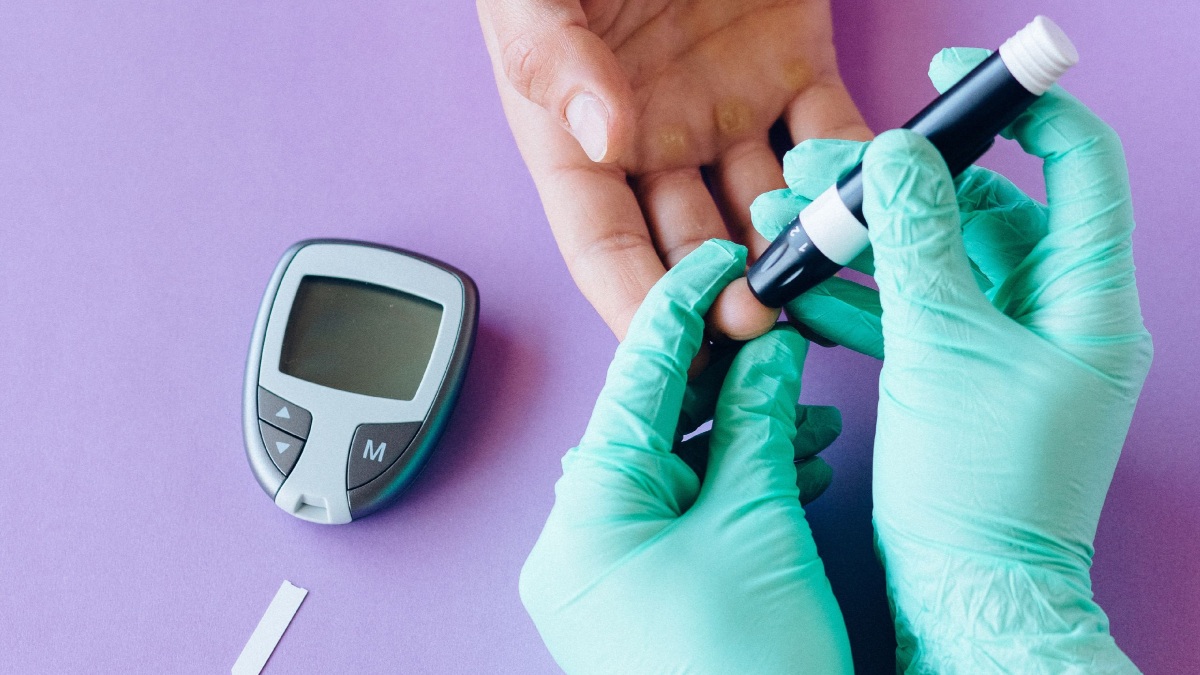A groundbreaking new study has revealed that more than 800 million adults globally are living with diabetes, nearly double previous estimates. The findings, published in The Lancet, highlight that in 2022, approximately 828 million people aged 18 and older had type 1 or type 2 diabetes. Disturbingly, over half of those aged over 30 with diabetes—445 million people—were not receiving any form of treatment.
Previously, the World Health Organization (WHO) estimated that around 422 million people worldwide had diabetes, a chronic metabolic disorder that can lead to severe damage to the heart, blood vessels, and other organs if left unmanaged.
The study, conducted by the NCD Risk Factor Collaboration and the WHO, is the first comprehensive global analysis covering diabetes rates and treatment statistics across all countries. The research compiled data from over 1,000 studies involving more than 140 million people, focusing on common diagnostic criteria such as high fasting plasma glucose levels and high glycated hemoglobin.
According to Jean Claude Mbanya, a professor at the University of Yaounde I in Cameroon, treatment disparities are stark in certain regions. In sub-Saharan Africa, for instance, only 5-10% of those with diabetes receive treatment. “A huge number [are] at risk of serious health complications,” Mbanya warned, emphasizing that managing diabetes with insulin or medication often comes with a high price tag.
The study also noted that while treatment rates have improved in some high-income countries, they have barely changed in low- and middle-income regions, contributing to an increasing treatment gap. Since 1990, the global diabetes rate has doubled from about 7% to 14%, driven in large part by a surge in cases in less affluent nations.
Most adult cases are believed to be type 2 diabetes, associated with factors such as poor diet and obesity. The authors stressed the importance of comprehensive testing methods to accurately gauge diabetes prevalence, particularly in areas like South Asia, where standard glucose tests alone may miss cases.






